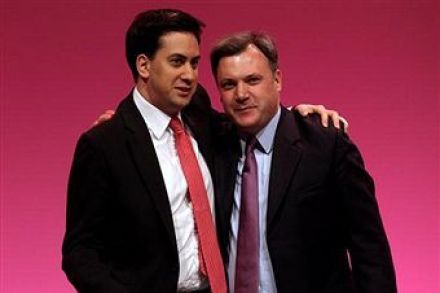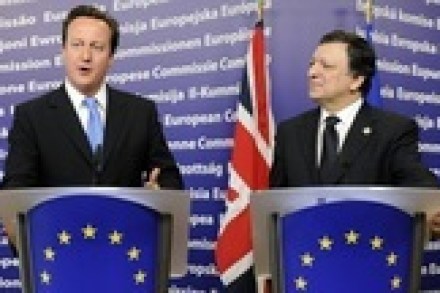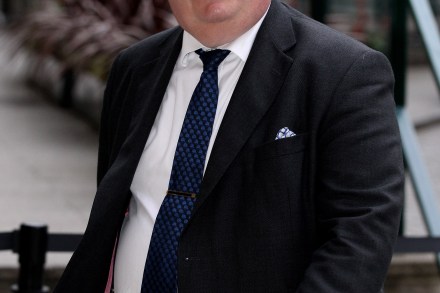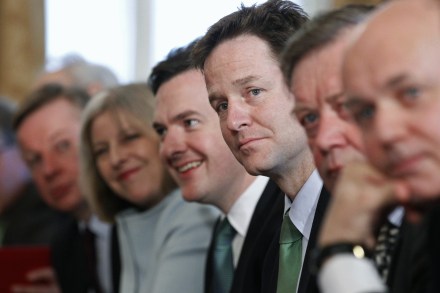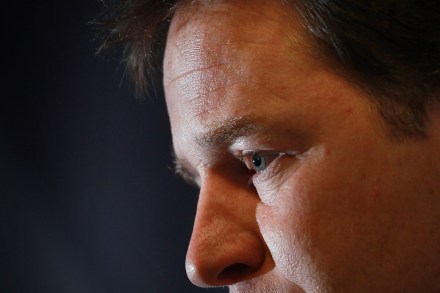Clegg sounds a dire warning on the economy
Nick Clegg gave a speech on the economy earlier this morning. As Tim Montgomerie notes, Clegg came close to admitting that the economy is nearing crisis. He said, “The economic context is much worse than before. Yes, facts have changed” and added that the “government is not blind to deterioration in economic environment”. These warnings tighten a knot in already sick stomachs; but, with the Eurozone mired in a crisis that is fast becoming existential, banks under mounting strain, rising unemployment, widespread talk of further Quantitative Easing and the very public internal debate in the coalition about the need for tax cuts, Clegg’s comments don’t come as a great surprise. He also introduced


